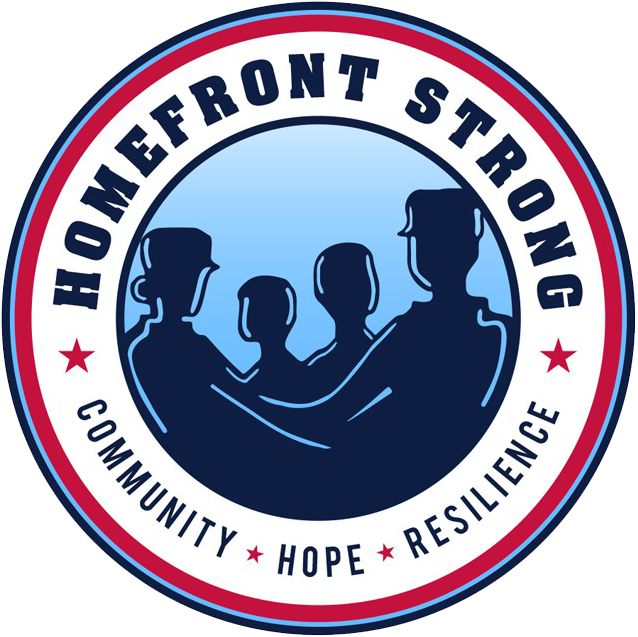By Jennifer Baublitz
What is it? Right now, things are looking grim. Projections for the Covid 19 death toll are currently around 100,000 – 200,000, in the U.S. while the economy crumbles under the weight of a pandemic induced recession. Of those of us still fortunate enough to remain employed, many are holed up at home, living the dream of balancing telework with homeschooling as social distancing limits outlets for reprieve. Others, however, like most in the military, medical and food services fields, remain mission essential and risk exposure regularly as they selflessly report to work each day. If you’re focused on the reality it can be dismally terrifying. It is more important now than ever to look for the sun through the clouds and try to express gratitude for the positives in your life, no matter how miniscule they may seem.
What it does Gratitude is an essential skill for boosting resilience. The brain’s default mode is to scan for the negative, for danger or threat. However, the practice of expressing gratitude can actually train your brain to seek out the positive. Gratitude leads to greater levels of optimism and an increased likelihood that you will engage in positive, adaptive behaviors such as problem solving, exercise and self-care. Gratitude also increases feelings of connectedness to others as well as to God or to the common good – in whatever way you express your spirituality.
What you can do: So how, in the face of such turmoil, do we manage to maintain an attitude of gratitude? First of all, the impact gratitude has on our lives is dose-dependent; that is, the more you practice, the better the outcome. That means finding some type of balance between a grim reality and acknowledgment of the good in your life is essential. Simple gratitude practices can help with this, such as keeping a “three good things” journal where you record three good things that happened each day. Research tells us it’s helpful to mix it up every now and then. You can choose a theme, vary the number of items and times of day in which you record items, or use some concrete object to name what you are grateful for. Gratitude, in any form, can make a difference.
Prayer and/or meditation are also powerful vehicles for practicing gratitude. Concentrating our energy on the good in our lives while thanking God or the Universe for our blessings generates a lasting effect. Some studies show that the energy from concentrated prayer can actually have a measurable impact on prayer recipients – so don’t underestimate what your inner heart and soul are capable of!
Now finally, what is it you are grateful for? Here at the Brookfield Institute, we are grateful for the opportunity to continue serving our service members, veterans and their families. We are grateful for human interactions, great and small – even if they are electronic right now – and we are grateful for the tremendous amount of generosity, compassion and kindness evident in the countless acts of heroism, selflessness and community transpiring each day of this crisis. We are grateful for you!
Help make a difference for SMVF in Western MA by contributing to our New Year Fundraiser today!
